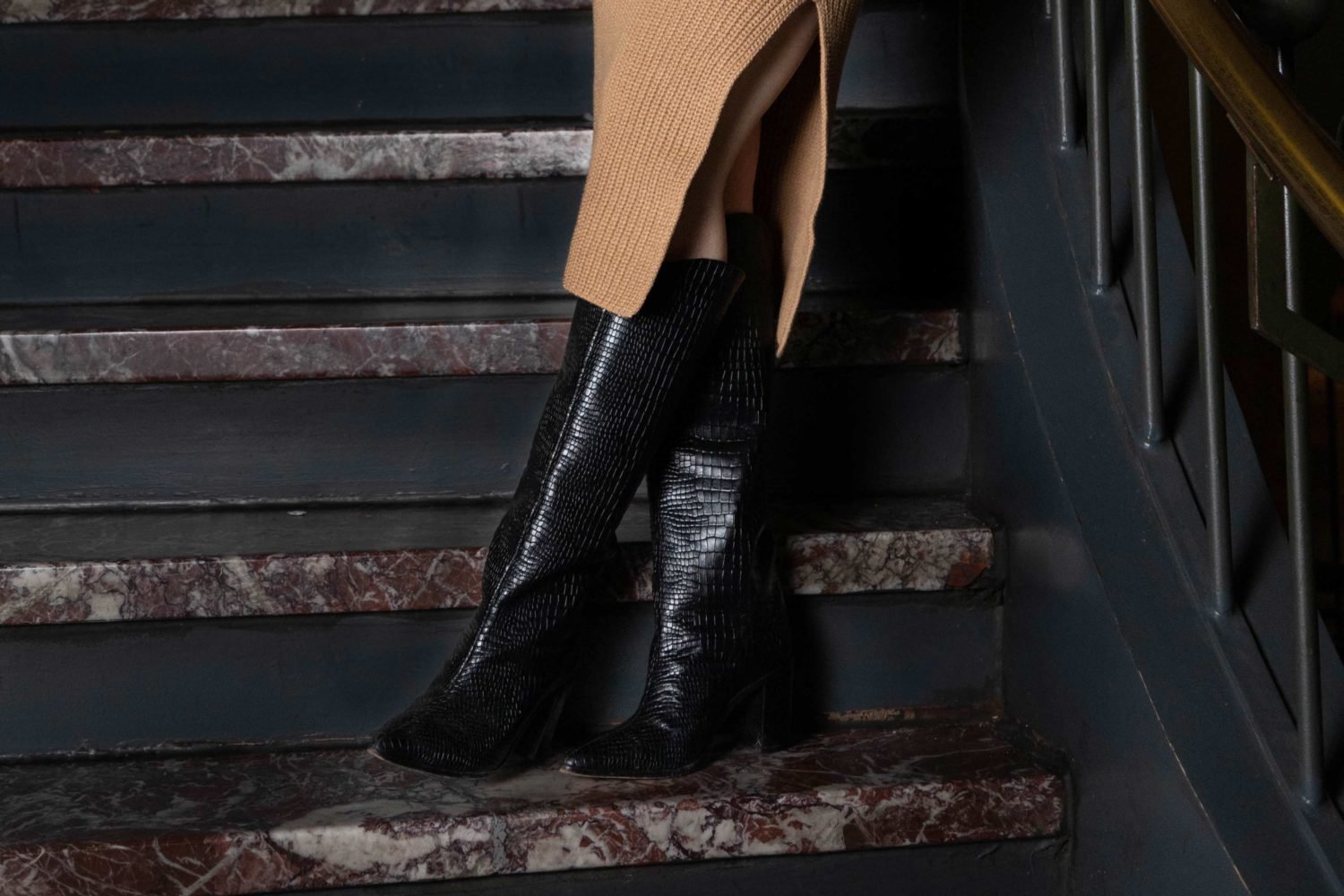"There are three components to healthy hair: good health, how you treat your hair, and a good stylist," says Arlington dermatologist Michelle Rivera.
Everyone wants shiny, luxurious hair. Here are expert tips on how to get it.
• Diet is important. Dr. Rivera recently treated a college student whose hair had turned different colors from lack of protein. "She had become a vegetarian and was living on bagels. Her hair had horizontal, reddish stripes."
Protein is not the only nutrient needed for healthy hair. Deficiencies of omega-3 (found in fish) and omega-6 and -9 fatty acids (found in whole grains, nuts, and seeds) and iron can affect the hair and scalp.
• Stress can take a toll. Sudden orsevere stress, as from surgery or childbirth, can cause temporary hair loss. As the body is healing, says Dr. Lynn McKinley-Grant, a Chevy Chase dermatologist, nutrients can be diverted from the hair.
• If you shampoo every day or have a dry scalp, consider a moisturizing shampoo. If you have an oily scalp or use a lot of products, you probably want a clarifying shampoo to remove any buildup, says Scott Palmer, owner and stylist with Lehman LaRue on Kent Island, Maryland. Curly hair tends to be drier, so he suggests using products with a moisturizing solution.
• Avoid combination shampoos and conditioners and instead use a separate shampoo and conditioner, Dr. Rivera says. Shampoo cleans your hair but makes the cuticle stick up. Conditioner smoothes the cuticle back down. Combination products don't work as well, she says, because shampoos need a higher pH to get rid of dirt while conditioners need a low pH to smooth hair. Another problem, says Dr. McKinley-Grant, is that the conditioner can't penetrate the hair as well because it's getting washed out with the shampoo.
• Don't worry about vitamins in your shampoo. "A lot of times shampoo will advertise having vitamins in it," says Dr. Rivera, "but you need to be eating those things rather than having them in your shampoo."
• If you blow-dry your hair every day, make sure you use some kind of product–a gel or mousse–that provides a buffer and protects hair from the heat, says Renee Burgess, a stylist with Eclips in McLean. Try to give your hair a break from the heat when you can.
• Use a good brush. "People worry about the heat from blow-drying or straightening their hair, but then they use cheap, plastic brushes," says Gerard Kierans, owner of Easel Hair Studio in Georgetown, who suggests a brush with natural bristles. If your brush constantly gets tangled in your hair, it's time to replace it.
• Don't tug on hair. Constantly wearing hair pulled back in a tight bun or braids can scar the follicle and cause permanent hair loss, says McKinley-Grant. Tying a loose ponytail or occasionally weariNg hair pulled back tightly won't cause harm.
• In the summer, protect your hair from sun, saltwater, and chlorine. Before you hop in the pool or wade into the ocean, saturate your hair with plain water. "The salt and chlorinated water won't penetrate the hair shaft and cuticle as quickly," says Bryan Allen Smith, a stylist with Elizabeth Arden Red Door Salon & Spa in Pentagon Row. After, use a clarifying shampoo to remove any chlorine or saltwater.
• If you have highlights or other chemical treatments, you might want to deep-condition your hair once a week, says Smith. With untreated hair, you need to do this only in the winter.


















